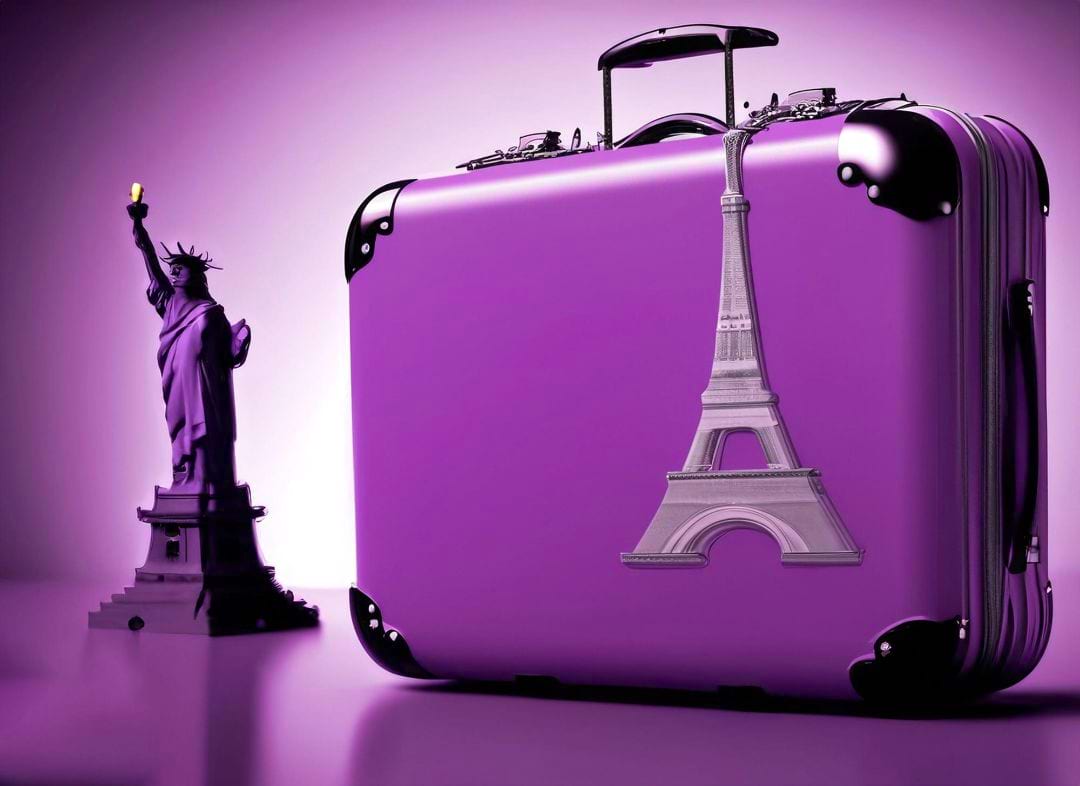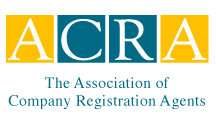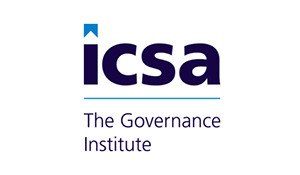With 155 votes in favor, 115 against, and 2 abstentions, the bill was approved. As a result, according to EU Helpers, Italy will now build two migrant reception centers in Albania to handle the asylum requests of migrants that Italian authorities rescue at sea.
Although the majority of parliament members supported the agreement, some were concerned that it would violate human rights laws.
Others expressed concerns regarding the project's cost because, as per the agreement made, two centers will be opened in Albania. It is anticipated that these centers will house about 3,000 rescued migrants.
The first center will be used to identify the migrants, as explained by ANSA. Regarding the second center, it was disclosed that it would be constructed at Shengjin Port and have a smaller footprint.
The same statement stated that Italy will have to pay millions of euros to construct these two migrant centers in Albania. The two centers are expected to cost approximately €675 million.
The centers' payments will not be made in full at once. This year will see the first payments, which begin at €142 million. Up to €7.3 million will be paid in the latter years of the two countries' agreement, and an additional €125 million will be paid until 2029.
Prior to the deal was struck, Giorgia Meloni, the Italian prime minister, stated that the two centers could accommodate up to 36,000 million people. She added that all of the applications would be processed in a year's time.
The centers will no longer be able to process this many asylum petitions annually, as the new migration regulation has extended the period of time for reviewing cases to 18 months from the previous 12.
According to the Italian government, migrants will be brought to Italy if it is determined that they are entitled to international protection.
Those whose requests for asylum are denied, however, will be sent back to their native countries.
The Italian government made it clear that vulnerable migrants—pregnant women, unaccompanied youngsters, people with disabilities, and others—would not be sent to the centers in Albania. These immigrant groups will be permitted to stay in Italian centers while their cases are being evaluated there.








